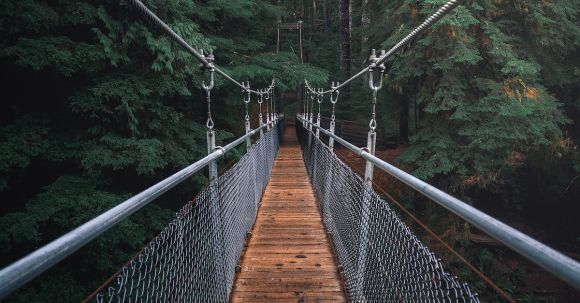When it comes to enjoying the great outdoors, it’s important to remember our responsibility to the environment. Outdoor activities and recreation can have a negative impact on nature if not done in a sustainable and eco-friendly way. By following a few simple tips, we can minimize our footprint and ensure that future generations can also enjoy the beauty of the outdoors.
Choosing the Right Gear
One of the first steps towards eco-friendly outdoor activities is to choose the right gear. Opt for products that are made from sustainable materials, such as recycled or organic materials. Look for gear that is durable and long-lasting, reducing the need for frequent replacements. Avoid single-use items and instead invest in reusable alternatives. By choosing eco-friendly gear, you are not only reducing waste but also supporting companies that have a commitment to sustainability.
Leave No Trace
The Leave No Trace principle is a set of guidelines that promote responsible outdoor behavior. The idea is to minimize our impact on nature by leaving it as we found it. This means packing out all trash, including food scraps, and disposing of it properly. Avoid damaging plants and wildlife by staying on designated trails and campgrounds. Respect wildlife by observing from a distance and not feeding them. By practicing Leave No Trace principles, we can ensure that the ecosystems we visit remain intact for future generations.
Reduce Energy Consumption
Outdoor activities often require the use of energy, whether it’s for transportation, cooking, or lighting. To reduce energy consumption, consider carpooling or using public transportation to get to your outdoor destination. If possible, choose activities that don’t require motorized equipment, such as hiking or biking. When cooking, opt for low-energy methods like using a camp stove instead of a fire. Use energy-efficient lighting options, such as LED lanterns or solar-powered lights. By reducing our energy consumption, we can minimize our carbon footprint and preserve the natural resources we rely on.
Practice Sustainable Fishing and Hunting
For those who enjoy fishing or hunting, it’s important to do so in a sustainable manner. Follow local regulations and catch limits to ensure the long-term health of the fish and wildlife populations. Use barbless hooks to reduce harm to the fish and release them quickly and safely. Practice catch and release whenever possible. When hunting, target only the species that are in abundance and avoid hunting during breeding seasons. By practicing sustainable fishing and hunting, we can help maintain the delicate balance of nature.
Support Local and Sustainable Businesses
When planning outdoor activities, consider supporting local and sustainable businesses. Choose accommodations that have eco-friendly practices, such as recycling programs and energy-efficient appliances. Eat at restaurants that serve locally sourced and organic food. Purchase souvenirs and equipment from local artisans or businesses that prioritize sustainability. By supporting these businesses, you are contributing to the local economy and encouraging others to adopt eco-friendly practices.
In conclusion, enjoying outdoor activities and recreation doesn’t have to come at the expense of the environment. By choosing the right gear, practicing Leave No Trace principles, reducing energy consumption, practicing sustainable fishing and hunting, and supporting local and sustainable businesses, we can ensure that our outdoor adventures have a minimal impact on nature. Let’s all do our part to protect and preserve the beauty of the great outdoors for generations to come.





